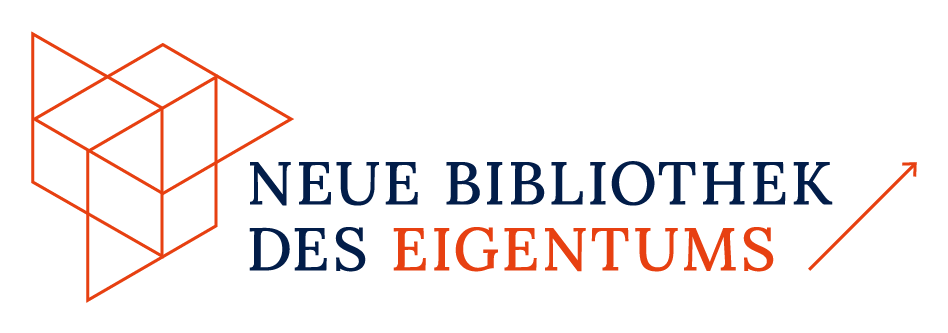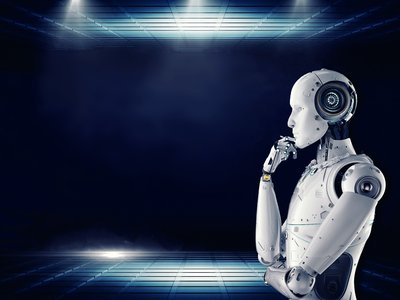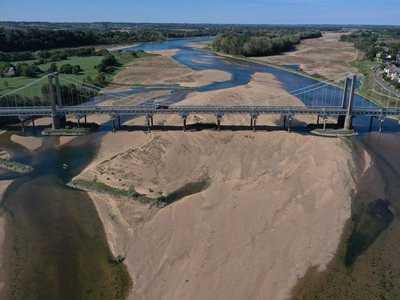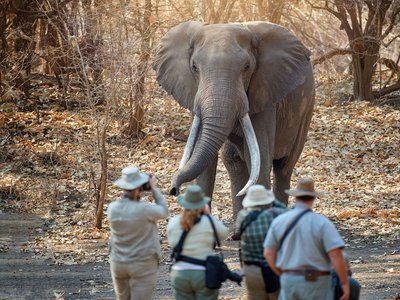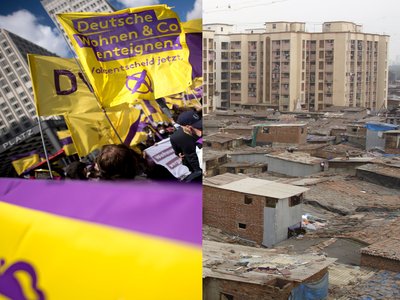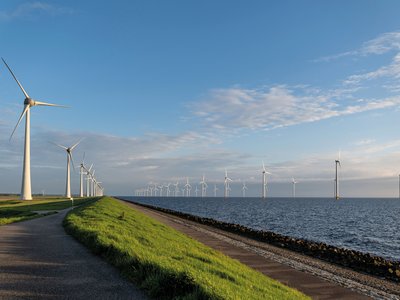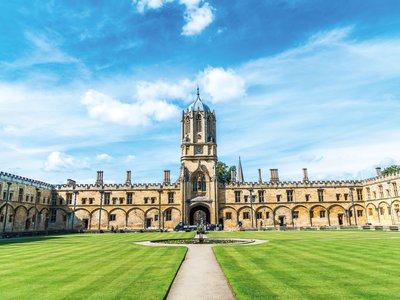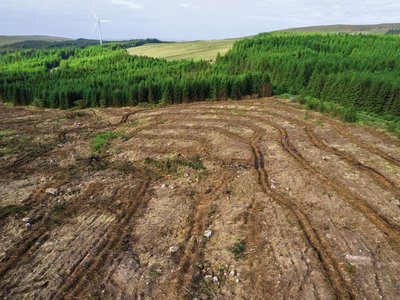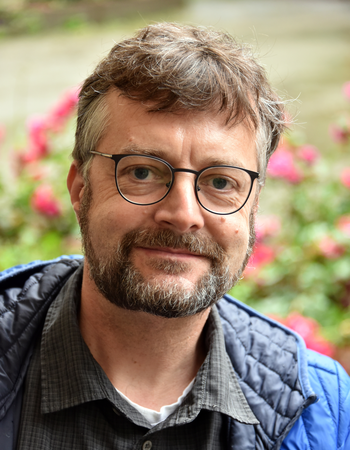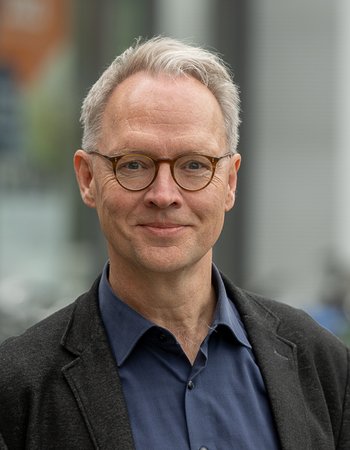Project Area Objekte
Problematic objects of property
Town, Nature, Knowledge
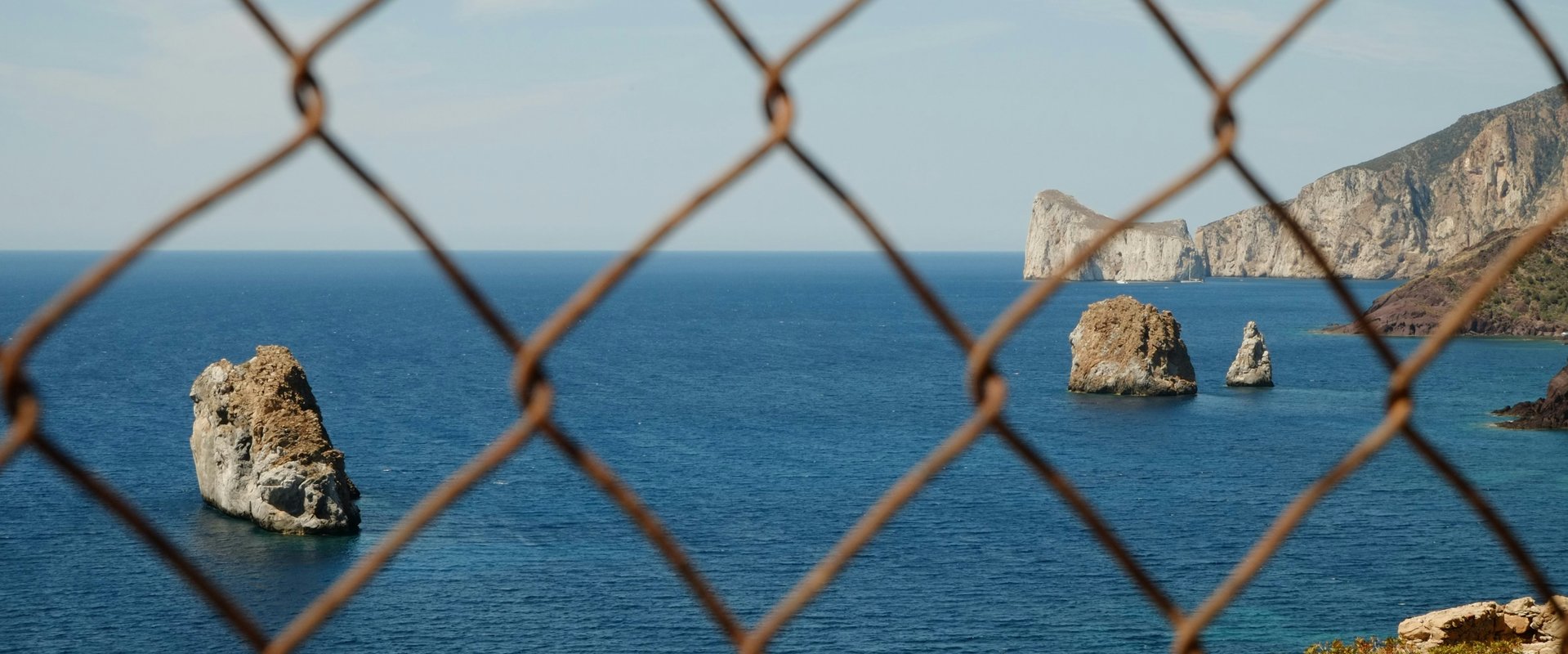
The concept of ownership is tailored to specific goods to a significant extent. Natural or legal persons can be owners of cars, computers, libraries, real estate, or businesses. But how does this apply to ownership of ideas, processes, programmed code, sperm and egg cells, areas of high biodiversity, streets and squares, football clubs, universities, wind, or water? Research conducted during the first phase has not only shown that ownership of such problematic objects of property must be (re-)shaped in very specific ways, but also demonstrated that the corresponding organizational problems, conflicts of interest, and attempted solutions can be systematically compared in a productive manner. Particularly in historically oriented projects, we were able to observe that a society's property orders and discourses can be centered around paradigmatic objects of ownership. One of the most important structural changes of modernity leads from land ownership to ownership of industrial means of production; in the present, we must ask whether ownership of information technologies and goods constitutes a new pattern of this kind. Finally, the question of structural change also requires well-founded assessments of whether there is a general trend toward the propertization of ever new areas, when it began, whether it continues uninterrupted, what consequential effects it generates for the social order as a whole, and how this questionable propertization relates to capitalist commodification. The subprojects in the "Objects" area focus exemplarily on fields where the inherent logic of (potential) objects of property currently emerges particularly clearly and creates a need for institutional change. Thematically, they span from ecological crisis and socio-ecological transformation on one side, to digital revolution, knowledge and information economy on the other.
